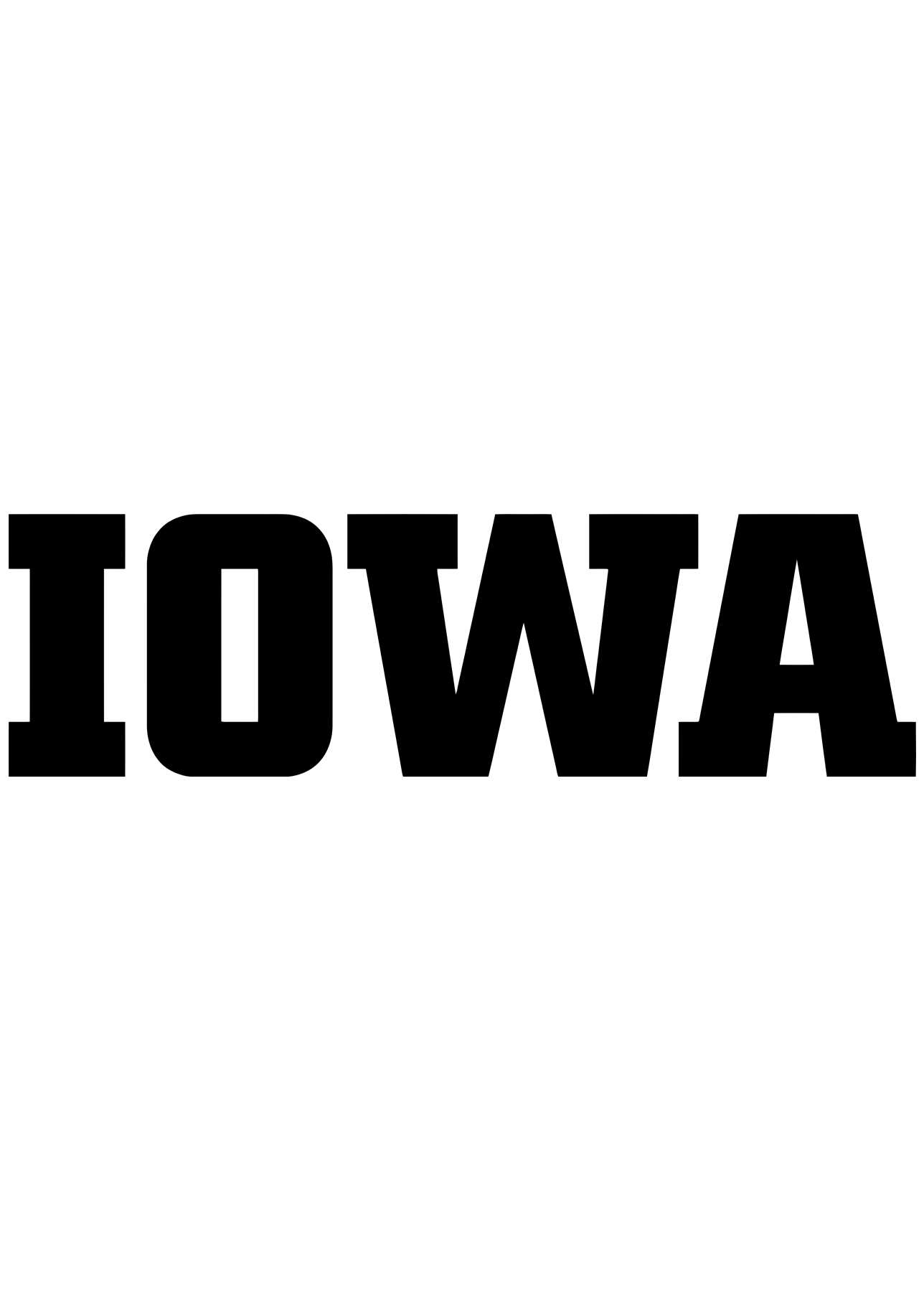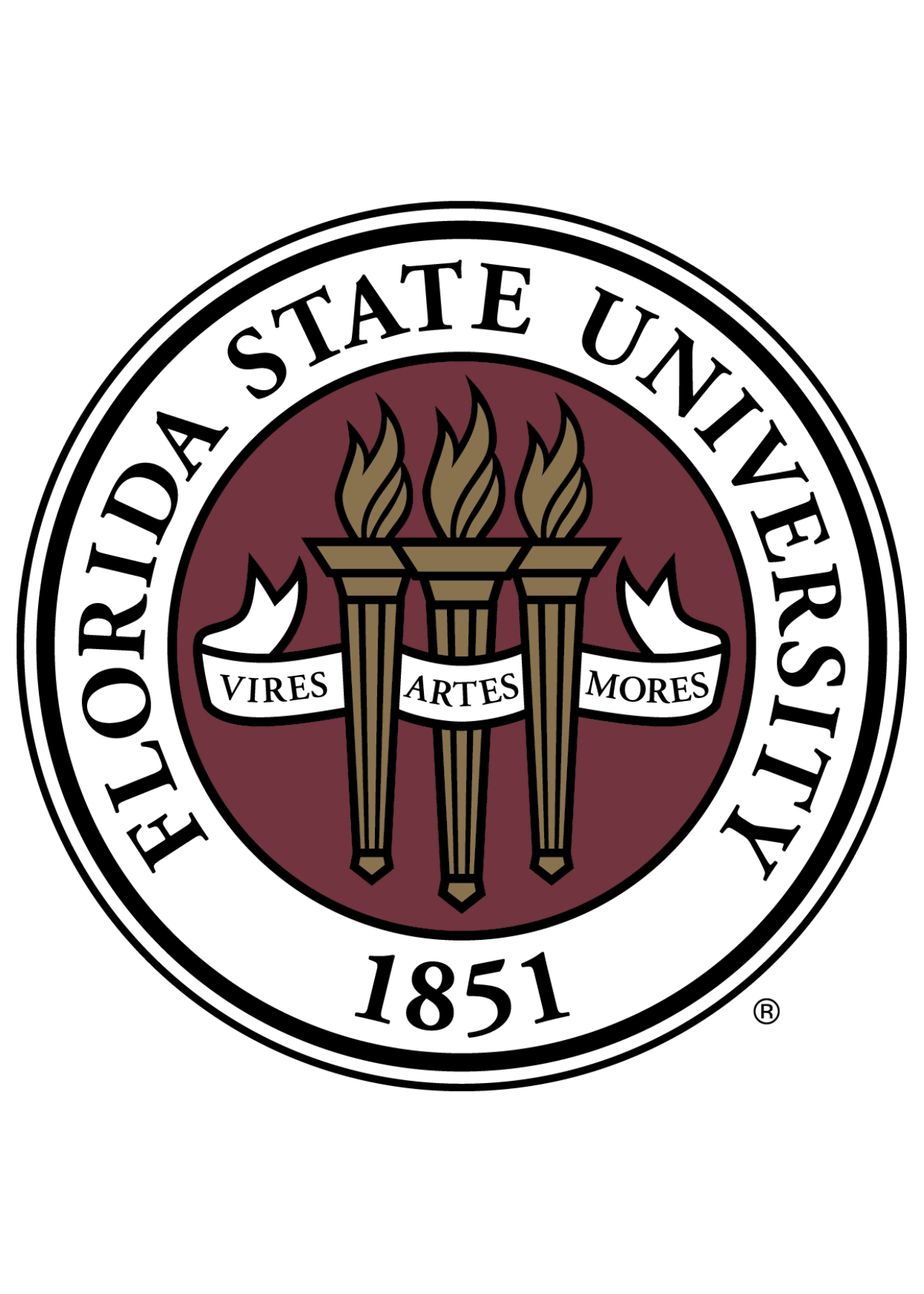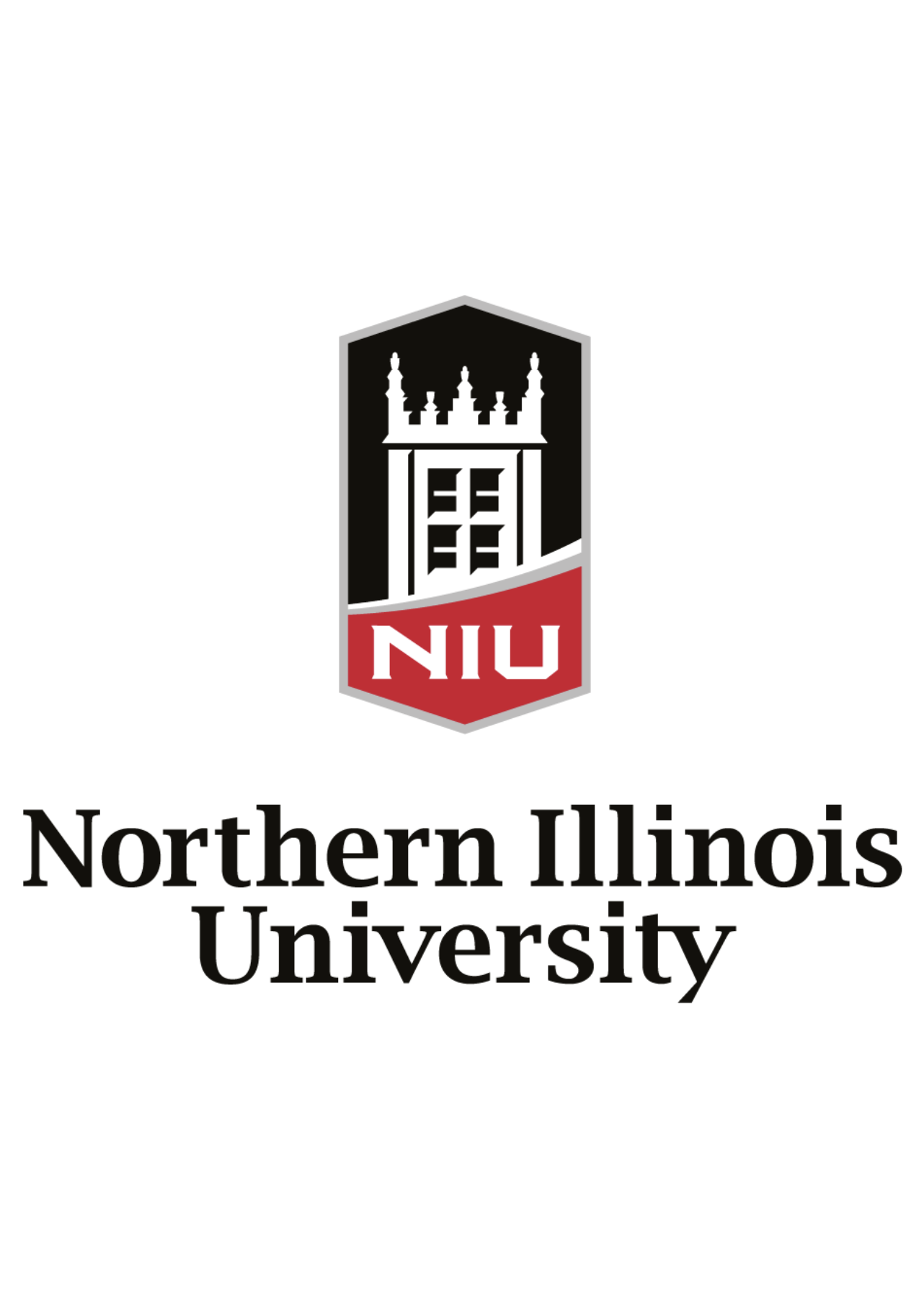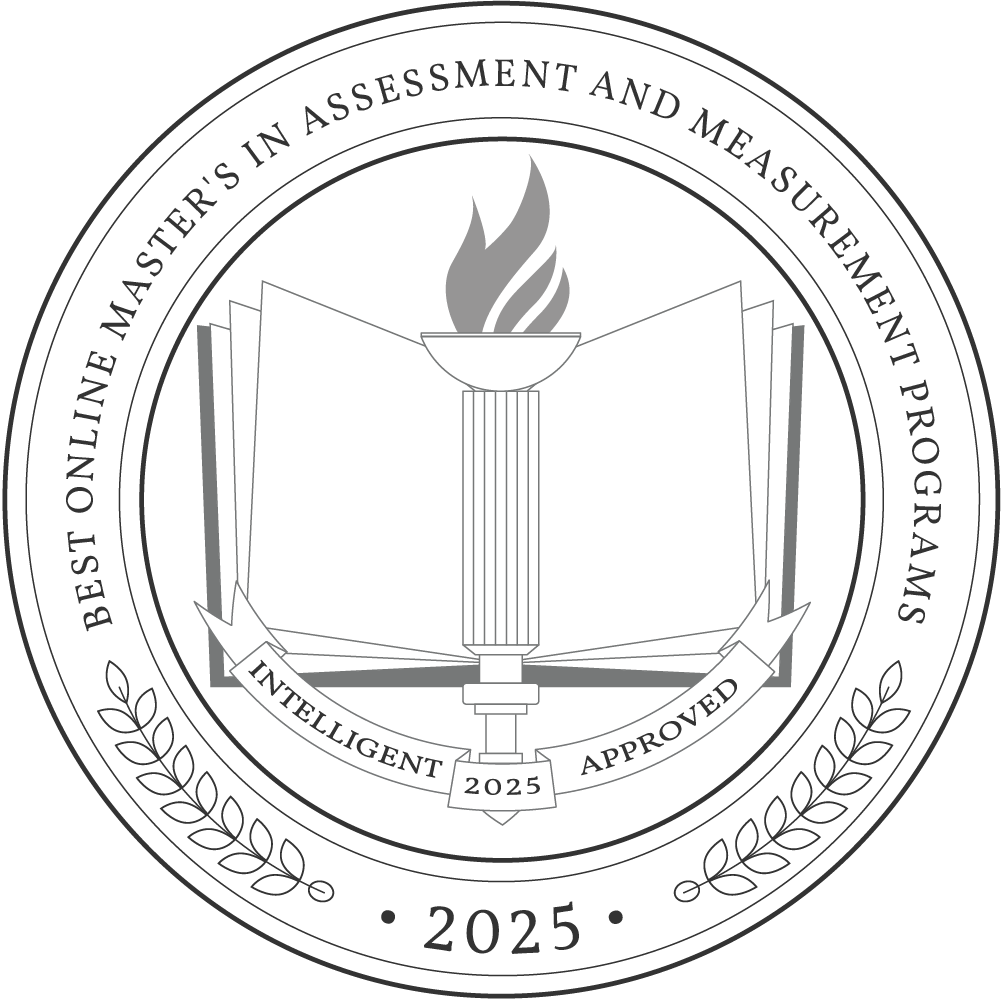From diving into a school district’s test scores to studying market research on a new product or advertising campaign, people with an online master’s in assessment and measurement can apply their knowledge of statistics and analysis to several fields.
The U.S. Bureau of Labor Statistics (BLS) projects the number of jobs for market research analysts will grow 13% (much faster than average) from 2022 to 2032, with a median annual salary of about $68,000. The BLS says that the number of jobs for instructional coordinators will grow 2% (as fast as average), with a median annual salary of about $66,000.
Most master’s degrees require about 30 credits taken over one to two years, although some more advanced programs require 60 credits. Tuition costs vary between public and private institutions, ranging from $300 per credit to more than $1,600. According to the National Center for Education Statistics, graduate tuition averages $12,596 at public institutions and $28,017 at private schools.
We interviewed Michelle Pickett, director of Northern Illinois University’s Academic Advising Center, for her insights on selecting the best online master’s in assessment and measurement program and how aligning your career goals can enhance your academic success.
Why Trust Us
The Intelligent.com Higher Education Team is dedicated to providing students with independent, equitable school and program rankings and well-researched resources. Our expert-driven articles cover topics related to online colleges and programs, paying for school, and career outlooks. We use data from the U.S. Department of Education’s College Scorecard, the National Center for Education Statistics, and other reputable educational and professional organizations. Our academic advisory team reviews content and verifies accuracy throughout the year for the most current information. Partnerships do not influence rankings or editorial decisions.
- Analyzed over 2,000 national, accredited, and nonprofit colleges and universities
- 800+ rankings pages are reviewed and updated yearly
- Content is informed by reputable sources, surveys, and interviews with academic advisors and other experts
- Over 100 data points are reviewed for accuracy and quality throughout the year, including sources
How we rank schools
Our list features the best online Assesment and Measurement degree programs at top colleges nationwide. Each school featured is a nonprofit, accredited institution — either public or private — with a high standard of academic quality for post-secondary institutions.
We evaluated each school’s program on tuition costs, admission, retention and graduation rates, faculty, reputation, and the student resources provided for online students. We collected data from trusted sources like the National Center for Education Statistics, individual school and program websites, school admissions counselors, and other data sources. Then, we calculated the Intelligent Score on a scale of 0 to 100 based on the following criterion:
Academic Quality:
- Admission rate versus enrollment rate
- Retention rate of students who return after year one
- Accreditation status (regional and programmatic)
- Nonprofit status, both private and public institutions
Graduation Rate
- Overall graduation rate
- Total number of currently enrolled students, including diversity metrics
- Student-to-faculty ratio
Cost and ROI
- In-state and out-of-state per-credit tuition rates and fees
- Required credits to graduate
- Earning potential after graduation
- Availability of federal student loans, scholarships, and other financial aid options
Student Resources
- Available student services for online-only and hybrid programs
- On-campus amenities like tutoring centers and the number of libraries
Read more about our ranking methodology.
Best 9 Accredited Online Master’s in Assessment and Measurement Programs
FiltersInstitution Type
Status
- Intelligent Score
- Alphabetically By University Name
- Acceptance Rate
- Enrollment
- In-state Graduate Tuition
- Out-of-state Graduate Tuition
- In-state Undergraduate Tuition
- Out-of-state Undergraduate Tuition

University of Illinois Chicago
Intelligent Score: 99.33In-state: $35,872
Out-of-state: $50,480
In-state: $39,068
Out-of-state: $39,068
SAT: 1080-1310
ACT: 23-31
$793
Online
Higher Learning Commission
32

Kent State University
Intelligent Score: 98.23In-state: $10,810
Out-of-state: $19,686
In-state: $11,766
Out-of-state: $11,766
SAT: 1020-1210
ACT: 20-26
Resident: $572
Non-Resident: $582
Online
Higher Learning Commission
30

University of Mary
Intelligent Score: 97.52In-state: $17,980
Out-of-state: $17,980
In-state: $16,875
Out-of-state: $16,875
SAT: 1000-1220
ACT: 20-26
$580
Online
Education Standards and Practices Board
32-33

University of Iowa
Intelligent Score: 95.50In-state: $8,073
Out-of-state: $30,036
In-state: $10,079
Out-of-state: $10,079
SAT: 1110-1310
ACT: 22-29
$387
Online
Higher Learning Commission
30

Florida State University
Intelligent Score: 94.59In-state: $4,640
Out-of-state: $19,084
In-state: $9,684
Out-of-state: $9,684
SAT: 1220-1350
ACT: 27-31
Resident: $444
Non-Resident: $1,076
Online
Southern Association of Colleges and Schools Commission on Colleges
30

Northern Illinois University
Intelligent Score: 94.42In-state: $9,466
Out-of-state: $9,466
In-state: $8,858
Out-of-state: $8,858
SAT: N/A
ACT: N/A
$510
Online
Higher Learning Commission
36

Texas A&M University College of Education and Human Development
Intelligent Score: 93.87In-state: $8,395
Out-of-state: $36,849
In-state: $6,775
Out-of-state: $6,775
SAT: 1160-1380
ACT: 26-32
Resident: $788
Non-Resident: $1,319
Online
Southern Association of Colleges and Schools Commission on Colleges
36

University of Connecticut
Intelligent Score: 93.13In-state: $14,406
Out-of-state: $37,074
In-state: $16,908
Out-of-state: $16,908
SAT: 1170-1390
ACT: 27-32
$925
Online
New England Commission of Higher Education
30

American University
Intelligent Score: 91.87In-state: $50,542
Out-of-state: $50,542
In-state: $34,533
Out-of-state: $34,533
SAT: 1220-1390
ACT: 27-32
$1,485
Online
Middle States Commission on Higher Education
30
How to Choose an Online Master’s in Assessment And Measurement Program
Choose your area of study
The first step in choosing an online master’s in assessment and measurement degree program is deciding on personal goals. Colleges offer several master’s degrees in this area, such as a Master of Arts (MA), Master of Science (MS), and Master of Education (MEd). Each has a slightly different focus, and many programs also offer concentrations that allow you to specialize in a particular niche.
An MEd focuses on educational applications, while an MS provides more technical training. An MA is an interdisciplinary degree covering various research methods that can be applied to project management, marketing, psychology, and other fields. Common concentration options include educational leadership and educational diagnostics.
If you already know what you would like to do after you graduate, look for programs that closely match these career goals. “Researching the growth opportunities for a career is important,” says Pickett. “It helps individuals discern the full scope and opportunities for an area they are interested in pursuing. Understanding this information is just one factor individuals can use to make a well-informed decision about their career path.”
Research schools and programs
You should only consider institutions that have been approved by a DOE-recognized regional accrediting organization, such as the New England Commission of Higher Education or Northwest Commission on Colleges and Universities. These organizations evaluate schools to ensure they provide students with a high-quality education. Those who attend a school that isn’t regionally accredited may be unable to access financial aid or transfer credits to another institution if needed.
Also, students who want to work in an academic environment should check whether programs are accredited through the Council for the Accreditation of Educator Preparation (CAEP).
Other things to consider when researching schools are what support services they offer for online students, mentorship and experiential learning opportunities, and faculty experience and credentials.
Pickett encourages students to take advantage of the following items to learn more about their programs:
- Check out the school’s admissions website
- Take a virtual tour
- Browse the school’s course catalog
- Visit the webpage of the academic department you are interested in
- Research the school’s support services for students
- Explore their housing and dining options
- Learn about their financial aid options
Prepare for tests and applications
Each program varies in its application requirements and process. Most master’s degree programs in assessment and measurement require:
- A bachelor’s degree
- Official college transcripts
- A professional resume and records of any employment or training
- A personal statement or essay about your goals
- Letters of recommendation from personal and professional references
In addition, some programs may ask students to submit standardized test scores, such as those from the GRE. If you need to take the GRE, prepare and sit for the exam while researching schools.
Before submitting an application, always contact an admissions counselor to ensure you have the most accurate information regarding requirements and deadlines.
Select your program
Once you’ve collected all the necessary information on the schools you’re considering, review the programs and select the ones that best suit your needs. Some students apply to multiple programs to increase their chances of acceptance, while others may focus on one or two programs based on factors like cost or concentration options.
There’s no magic number of schools to apply to, but remember that most schools charge application fees, which can add up quickly. If you need financial assistance with these fees, talk with the school about a fee waiver.
Before making your final decision, review your needs and goals again. Do you plan to attend school full-time or part-time? Are you only interested in 100% online programs, or are you fine with a hybrid program that has a few in-person requirements? Some programs offer asynchronous courses, which can be completed at your own pace, while others only offer synchronous courses, which involve remotely attending lectures and completing assignments at the same time as other students — which of these two online learning formats do you prefer? Your school should accommodate your scheduling needs and learning preferences.
“It’s essential for individuals pursuing online degree programs to understand their learning styles and to have access to adequate technology resources to take their classes,” Pickett says. “Adequate technology includes high-speed internet access and a laptop or computer with current software; having a quiet place in your home is also important to focus on your classes. Proper access to resources and a supportive environment are very important for student success.”
Determine how you’ll pay for your degree
During the research process, find out what type of financial support students in an online master’s in assessment and measurement can receive, including grants, scholarships, work-study, fellowships, and assistantships.
Students should also complete the Free Application for Federal Student Aid (FAFSA), which determines federal student loans and need-based institutional aid eligibility.
Employers may cover some costs through employer tuition assistance benefits, especially if a master’s in assessment and measurement relates to a student’s current job. Talk with the school’s financial aid office for detailed answers about how to pay for your degree.
What Can You Expect from an Online Master’s in Assessment and Measurement Program?
Online master’s in assessment and measurement degree programs vary by school. Still, students can expect a core curriculum based on conducting research, collecting information, and evaluating data using statistical analysis and other methods.
A program focused on education might also have courses related to classical test theory, classroom assessment, survey design, and quantitative research design and analysis.
In addition, some schools require that students complete a research project or an internship. Students concerned about balancing their education with other responsibilities should talk with a school admissions counselor.
Potential courses you’ll take in an online master’s in assessment and measurement degree program
- Group Comparison Analyses and Designs: This course explores how to design devices and tests to compare groups of people. Such a course also delves into analyzing and using these tests to encourage individual growth.
- Data-Driven Decision-Making: Students examine how leaders can use data to complement and enhance decision-making. Such a course typically examines tools and methods for qualitative and quantitative analysis.
- Evaluation Approaches: Students learn different evaluation methods and theories, such as cross-sections and samples. They’ll also look at the effectiveness of various evaluations and how they might impact future outcomes.
- Education Measurement: This type of course discusses the applications and methods of measurement in education. Students learn how to plan and administer tests and then evaluate the results. Coursework also examines standardized tests and how they impact assessments and learning.
What Can You Do With an Online Master’s in Assessment and Measurement Degree Program?
Career outlook
The career outlook for individuals with a master’s degree in assessment and measurement is promising, as data-driven decision-making is becoming increasingly crucial in various sectors.
One key driver of this growth is the expanding need for data analysis and assessment in education. Educational institutions rely on assessment data to improve student outcomes, tailor instruction, and meet accountability standards. Additionally, more and more businesses and organizations across industries are recognizing the value of data analytics and measurement in optimizing operations, enhancing customer experiences, and making strategic decisions.
Here are some possible career paths for those with a master’s in assessment and measurement:
- Instructional coordinator — Develop, implement, and assess the effectiveness of educational materials.
- Median annual salary: $66,490
- Projected employment growth (through 2032): 2%
- New job openings projected: 19,200 annually
- Mathematician or statistician — Use computational techniques to help organizations solve problems.
- Median annual salary: $99,960
- Projected employment growth (through 2032): 30%
- New job openings projected: 3,500 annually
- Market research analyst — Forecast trends, conduct surveys and polls, and assess the effectiveness of marketing strategies.
- Median annual salary: $68,230
- Projected employment growth (through 2032): 13%
- New job openings projected: 94,600 annually
Online Master’s in Assessment and Measurement Frequently Asked Questions
How do I apply to an online master’s in assessment and measurement degree program?
Each school’s application process differs. Check the school’s admissions website or contact their admissions department to get clarification on application requirements, eligibility, and deadlines. Most schools accept applications and supporting documents online, so make sure you have digital or electronic versions (such as PDFs) of all required documents, including test scores, transcripts, personal essays, work experience, and letters of recommendation.
Talk with a school admissions counselor if you’re concerned about uploading your application correctly.
How much does an online master’s in assessment and measurement degree program cost?
The National Center for Education Statistics (NCES) reports that the average tuition for graduate programs is $28,017 at private institutions and $12,596 at public universities.
All school costs vary depending on fees, the charge per credit, the number of credits per course, and other expenses such as books and software. Also, many public schools charge higher tuition for out-of-state students than in-state residents. For the most accurate information on the cost of an online master’s in assessment and measurement program, contact the school’s financial aid office.
How long does it take to earn an online master’s in assessment and measurement degree?
While this depends on the school and the curriculum, most schools estimate their online master’s programs in assessment and measurement take about one to two years to complete. Attending part-time or full-time will affect this timetable, as will the total number of credits required.
Is an online master’s in assessment and measurement worth it?
Earning an online master’s in assessment and measurement can lead to a rewarding and impactful career while offering the convenience and flexibility of online education. It equips individuals with the skills and knowledge needed to excel in various fields that rely on data analysis and assessment.
Online programs allow students to work at their own pace and on their own schedule. This is especially beneficial for working professionals and those with significant family commitments. Online programs also indicate to potential employers that a person has well-developed time management skills and the ability to work well independently and with others.
Read More about Online Master’s in Assessment And Measurement Degree Program
Compare School Options
Related Degrees
- Special Education
- Coaching
- Early Childhood Education
- K-12 Education
- Adult Education
- Math Education
- Graduate Certificate in Elementary Education
- Educational Administration
- Child Development
- Gifted and Talented Education


